Get started with a free trial.
5 FOODS THAT ARE WORTH BUYING ORGANIC
Should you be buying organic? There’s a real difference between organic and conventionally grown foods when it comes to nutrition, safety and price. The organic food aisle can be tricky to navigate – not to mention, costly – but there are a few organic and pesticide-free products that are certainly worth the investment.
What does organic mean? Organically grown food is produced using farming systems that don’t use synthetic pesticides or genetic modification. People buy organically-grown foods for a number of reasons including concerns about pesticides, additives, antibiotics and other chemical residues. While in Australia pesticide residue in and on foods is carefully monitored, many people still believe organic foods are safer.
Is organic food healthier? There’s little evidence to suggest that organic food is nutritionally better than conventionally-grown produce, especially in relation to fresh fruit and veg – and if they do show higher nutrient levels, results are not significant. One thing’s for sure, nutritional value of foods (organic or conventional) is variable depending on variations in growing seasons, ripeness of food and time of harvest.
1. EGGS AND CHICKEN
Have you ever cracked an organic or homegrown egg? It’s believed that free range and organic chickens have a more varied diet which produces a deep orange coloured yolk – although, studies have shown they do not have a significantly higher nutritional profile. Organically farmed chickens and eggs have to comply with certain guidelines that indicate the chickens be fed with certified organic feed; are not given any growth hormones; and have an outdoor density restriction so they’re not cramped together. Free-range chicken and eggs come a close second to organic, so aim to choose happy chooks and eggs over barn-laid or caged.
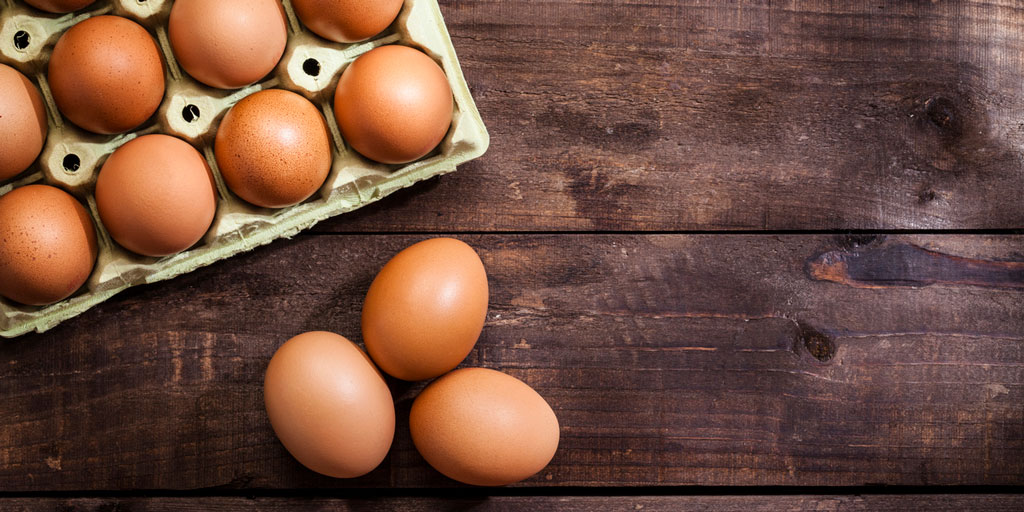
2. BERRIES
Berries are a glorious group of superfoods, however some reports show they can retain pesticide residue, mainly due to their porous and textured skin. Washing them thoroughly should remove most residues, but going organic is best to avoid pesticide exposure. If fresh berries will break the budget, opt for snap frozen organic berries.
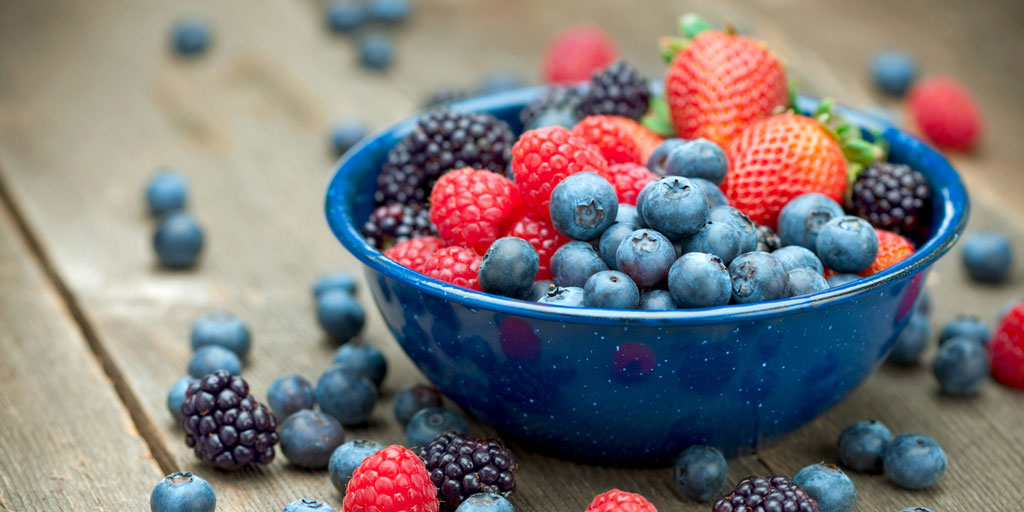
3. APPLES
An apple a day keeps the doctor away, right? Unfortunately apples are one of the most highly sprayed crops due to the pesticide spraying process which involves coating both the leaves and the fruit. But don’t let that scare you off, apples are an incredibly healthy snack and rich in important antioxidants and dietary fibre. If organic is not an option, look for Australian grown apples and wash thoroughly. Avoid imported varieties which may have higher levels of pesticide residue.
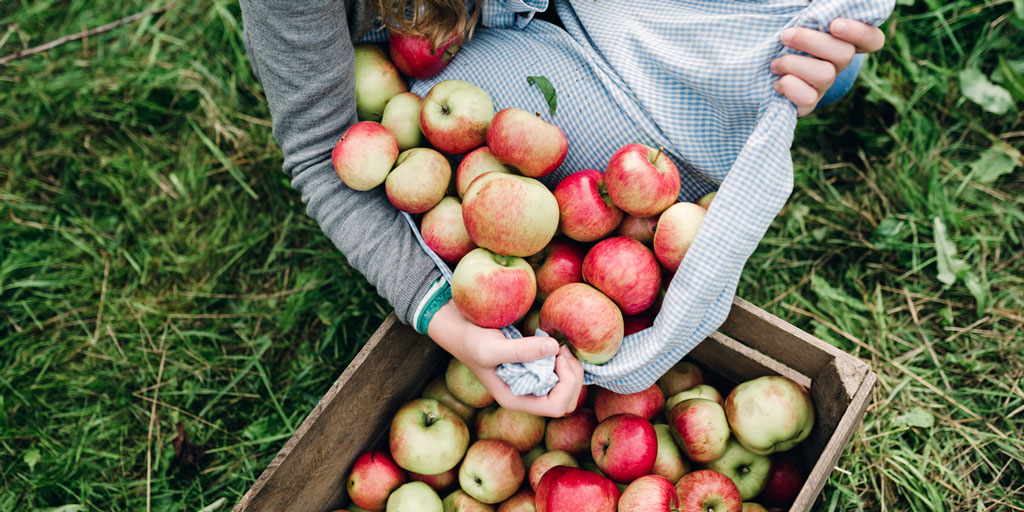
4. KALE
Kale is one of the newer superfoods on the block. It’s rich in antioxidants, essential vitamins and minerals, however according to the Environmental Working Group report (based on annual testing by the USDA), conventionally grown kale has been shown to be contaminated with concentrations of organophospahte insecticides. These insecticides have been linked to developmental effects such as behavioural problems and lower cognitive function. Choose organic kale where possible – most supermarkets now have this option – or wash thoroughly before eating.
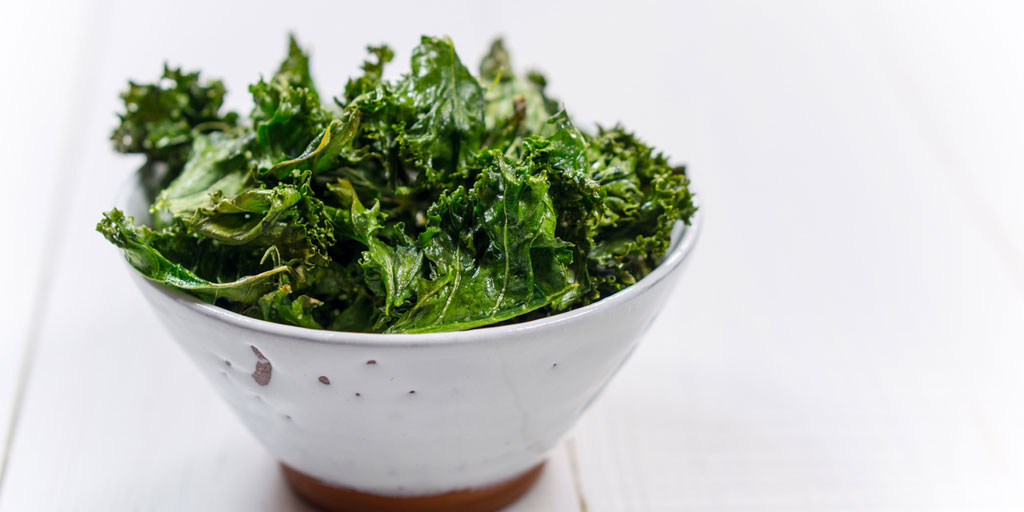
5. DRIED FRUIT
Organic dried fruit is free of sulphites – a type of preservative used in some foods, drinks and occasionally medication. While sulphite use in Australia is monitored and safe, excessive amounts has been linked to allergies like asthma. Where possible, choose sulphite-free or organic dried fruit.
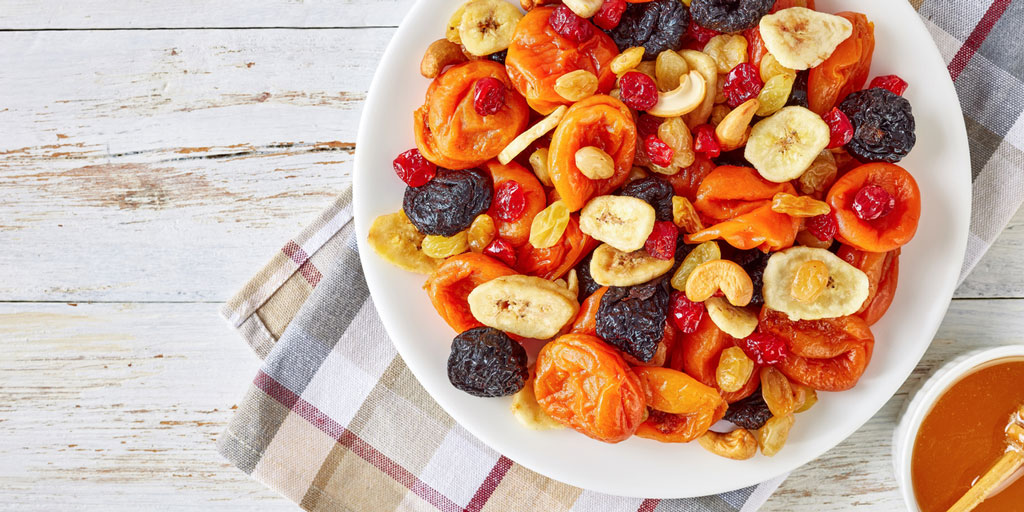
Whether you choose organic or not, the most important thing is that you’re consuming a large variety of plant-based foods to support a healthy diet. When it comes to fresh produce, choose the best you can afford; always wash fruit and veggies before eating; and aim for local, sustainable produce. Better yet, start your own veggie garden!
Filter
Show by